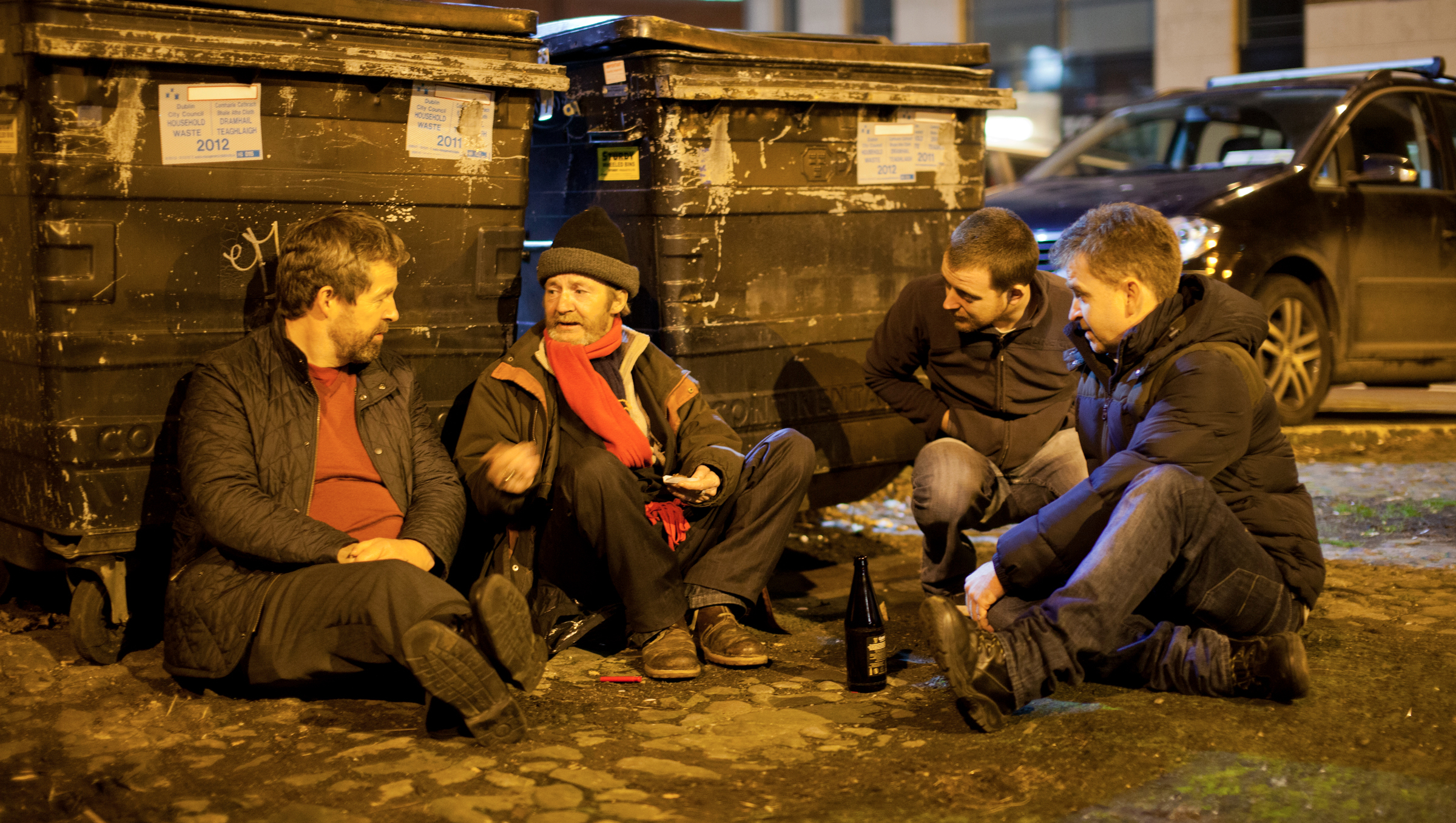Dr Austin O'Carroll is a Dublin based GP and the Medical Director and founder of Safetynet, an umbrella organisation working with the HSE to address inequalities and improve healthcare for homeless people and the Romany community in deprived areas. In 2009, he created a Mobile Health Unit for homeless people which is run by Safetynet, Dublin Simon and Housing First. He also set up the first GP training scheme (NDCGP) to specifically train GP's to work in areas of deprivation and with marginalized groups in Dublin, and co-founded the Partnership for Health Equity between the HSE Social Inclusion, NDCGP and University of Limerick.
Austin has won the Time and Tide and Fiona Bradley awards for his work with marginalised groups and was named Healthcare professional of the Year in 2015. He's an Honorary member of the Royal College of Physicians and sails with the Irish Paralympic Sailing Team.
Why did you choose to study as a postgraduate student at Bath?
I wanted to do a doctorate that would allow me to build on the foundation of the work I was doing as a GP working in homelessness. Also, I couldn't afford not to work, and the Professional Doctorate here allowed me to achieve this!
I found the course stimulating, fascinating and challenging, and the educational input and supervisory support were excellent, finding the balance between being supportive and recognising my role as an adult learner. My research skills improved immeasurably, as did my skills in report-writing, proposal-writing, analysing data and developing arguments for new services and initiatives. I also loved the collegiality of working with fellow doctoral students, which was rewarding and great fun. I'll miss the beautiful city of Bath.
Can you describe your research?
The title was 'Making sense of street chaos: An ethnographic exploration of homeless peoples health service usage behaviours'. We know homeless people don't make use of health services in a manner that would improve their health. They tend to present very late when their symptoms are overpowering. Additionally, they avoid GPs and psychiatrists, fail to take medication and miss appointments, while frequently attending emergency departments (EDs) and using inpatient services.
I sought to find out why they behaved this way, and ended up doing ethnographic research, which meant hanging around a drop-in centre, food centre and the ED, and going out with a rough sleeper team. I met many homeless people and interviewed them in hostels, on the street or in coffee shops. I also ran focus groups with homeless people and hospital doctors, to explore their experiences of each other.
My research confirmed that homeless people in Dublin behave as expected in relation to health service usage: they have poor health indices yet make poor use of health services. I identified factors which helped to explain these behaviours, from physical barriers like distance to administrative barriers - forms, appointments, queues, rules and so on - as well as attitudinal barriers like stigma and discrimination. There were also internalised cognitive barriers - fatalistic, denial, presumptions of poor treatment - and emotional barriers such as fear, shame, hopelessness, low self-esteem and anger. I also noted external promoters like keyworkers and specialised services, and internalised cognitive and emotional promoters.
Did you enjoy the research?
I loved doing it. I found going back to education - where you're more aware of its relevance - made it more interesting and meaningful. I enjoyed reading the literature and writing up the proposal and findings. Not only did this work improve my research and academic skills but my medical work, too, as I had significantly more empathy and compassion for my homeless patients. This allowed me to be more flexible in my approach.
What's the impact of your work?
It's influenced several project initiatives in Dublin. We developed a new Inreach team of two doctors and two nurses for homeless people, and used my research findings as part of the argument for the new service; we're working towards an Intermediate Care Centre, GP practices and a primary care team. We've also expanded a methadone service with the capacity to treat and stabilise 40 to 100 people, then obtain accommodation for them and transfer them to GP practices; over 500 people have been treated on this programme so far and, again, the argument for expansion used the evidence from the doctoral research. Additionally, we've developed a programme for hospitals to bring hepatitis C outpatient appointments to the hostel. Previously, 26 out of 40 people had missed their appointments for this life-saving treatment, and now all 26 are lined up for it.
How has your career progressed since graduating?
During the Doctorate, I was appointed Programme Director of North Dublin City GP Training. I was appointed Medical Director of Safetynet too and organised the International Street Medicine Conference, which resulted in the development of an annual Irish Street Medicine Conference. I've also presented the research at several conferences in Ireland, the UK and to WONCA, and developed a Tedex talk based on it.
What would you say to someone who's starting a doctorate?
Enjoy it. Find a project that has meaning for you and your work. I strongly advise that you concentrate on how the doctorate will improve the conditions and lives of your patients or clients, rather than on how it will affect your career, as that will ultimately make the hard work more fulfilling.
